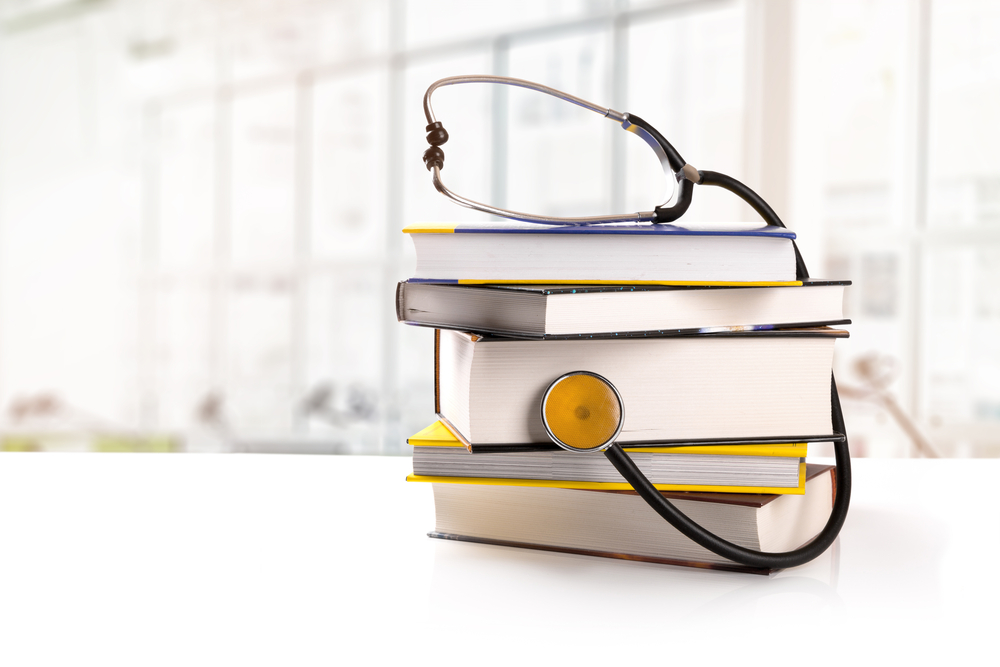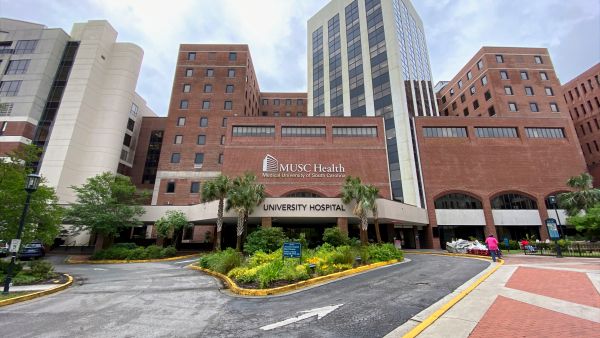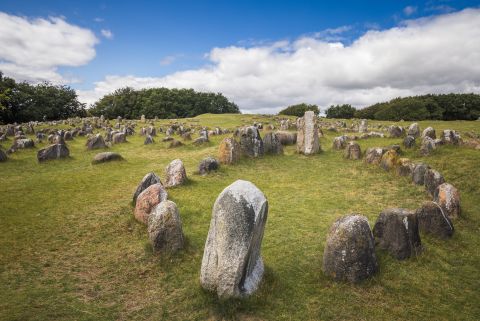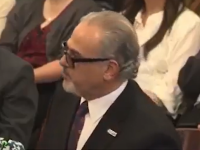ALBAWABA - The Karolinska Institutet, a medical university located in Stockholm that houses the Nobel Assembly, was recently the site of an excruciating loss.
The university announced that a malfunction during the Christmas holidays in the refrigerator led to the damage of samples of scientific research that scientists had collected for decades.
The problem happened when the nitrogen supply to sixteen cryogenic tanks that held the precious specimens was disrupted on December 22 and 23. The tanks could feasibly operate without the nitrogen supply for four days, but they remained inoperable for five days, causing the deterioration of samples owned by various medical institutions.

Shutterstock
Tragically, the specimens were estimated to be worth millions of dollars, but the exact value is yet to be officially confirmed. Some media outlets estimated the cost of damaged specimens at 500 million kroner ($47 million).
The loss of these specimens is very frustrating for researchers who invested a lot of time and resources into acquiring invaluable data.
The medical samples consisted of blood and biopsies from patients who were afflicted with various types of cancer, including leukemia, and contained a wealth of biological information that may have helped many who had the same experience.

Shutterstock
According to Mati Sahlberg, Dean of the University’s South Campus, researchers in the field of leukemia were the worst affected since the specimens they collected from patients spanned 30 years.
This meant that the researchers who collected the samples would now need to restart their research and undergo the ethical protocol of obtaining new medical samples.
An ongoing investigation may identify the cause of this malfunction, and so far there is no sign of foul play. Even so, a police report has been filed with all relevant theories scrutinized. The institute is shocked by the loss of these priceless specimens that were set to make a difference in research.









